Somewhere in that opaque space, between our recall of fact and the misty memories of urban folklore, lay those heady times of when we were growing up as teenagers. Here reside notable moments of new discoveries and places where we reached a particular fork in the road. A choice of paths to take, with some routes proving more memorable, or successful, than others. This is one such path I took when I became a butcher’s boy.
The timeframe is the end of 1962 and the beginning of 1963. I am 14 years old. Conjure up an image of Granville, from the original ‘Open all hours’ (as he sets off on his bike), wicker basket piled high with deliveries, and that was me on a typical Saturday morning as I started my ‘meat’ round. But more of that later.
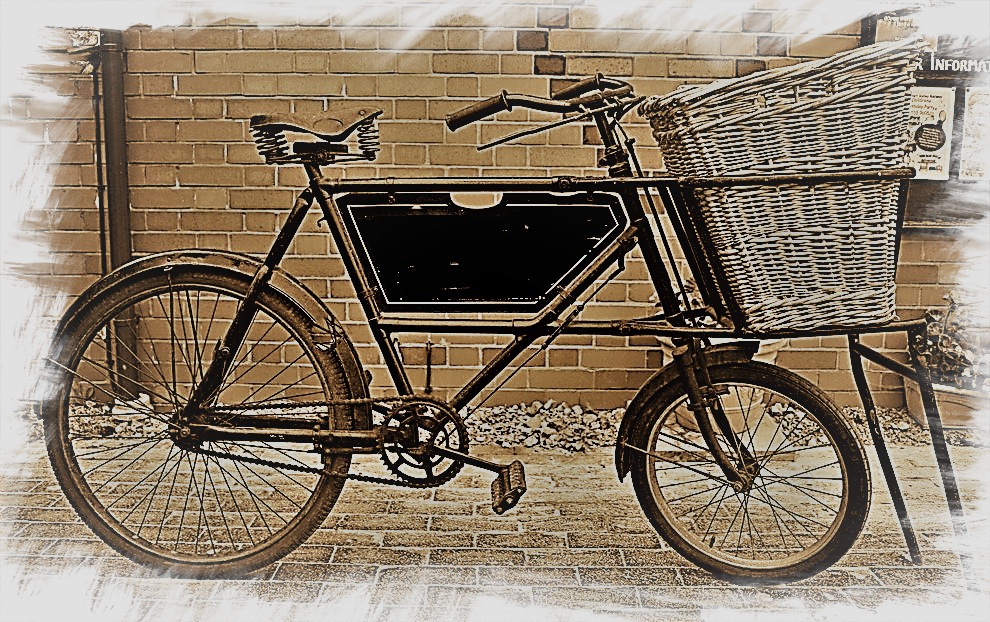
It was an interesting time the early 60s; even to this recent addition to the ranks of South London’s teenage clan. However, I was not necessarily aware of all its ramifications back then. This new decade, the 60s, had brought about changes. We teenagers were already significantly different to those of a decade earlier. If the 1950s were a time of ‘black and white’ we had discovered colour; in more ways than one. This juxtaposition, in hindsight, was remarkable. If I had not actually discovered sex yet, it was certainly making it presence felt.
New musical sounds were hitting our teenage ears. Beatlemania would soon arrive. It was a term the Press coined to describe the intense fan frenzy directed toward the Beatles during the early years of their success. The phenomenon began in 1963 and continued well past the band’s breakup in 1970. Although for me I was back then, and still remain, a Rolling Stones fan.
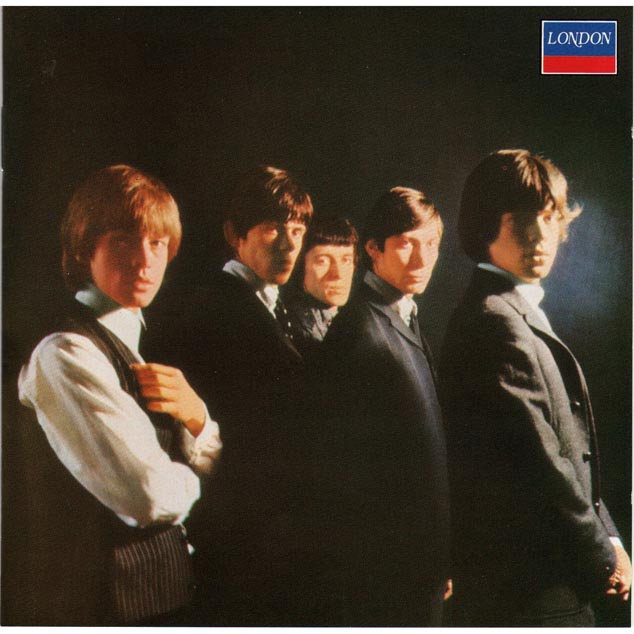
At the same time as this Cultural Revolution was happening it was illegal to be gay, or as my 98 year old Dad still describes it, ‘queer’. Although, even in our now far more liberal society the conservative values of Christianity still clash on the topic of homosexuality. Until the passing of the Sexual Offences Bill in 1967 gay men were frequently imprisoned for consensual sex with another man. Lesbianism although not illegal was nevertheless similarly the subject to public disapproval, or just ignored. At my all-boys school it was a sniggering matter to us 2nd and 3rd year lads, but to some of the 5th and 6th formers, questioning their own sexual orientation, it was no laughing matter. ‘Gay’ rights would soon come in to prominence following the decriminalisation of same-sex sexual activity across the UK between 1967 and 1982. It nevertheless remains a subject of considerable debate, just ask my gay daughter if you don’t believe me.
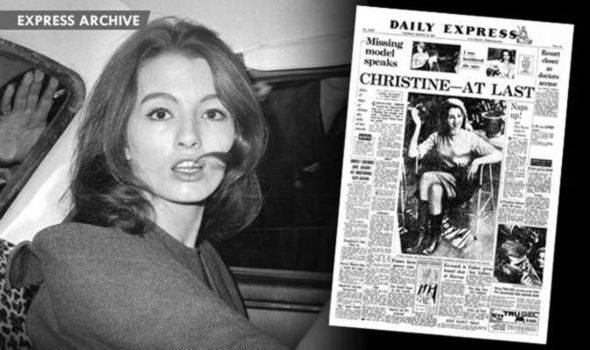
Sex scandals were in the public arena too. The Profumo Affair, a scandalous mix of sex, spies and government captured even our teenage attention in 1963. The Secretary for War, a John Profumo, was discovered to be having a lurid affair with Christine Keeler, a woman who was also seeing a Russian military attaché. This was still the Cold War. Whilst Profumo initially denied the affair in Parliament, he later admitted that he had lied to the House and had to resign. The affair is said to have changed the relationship between government and press forever. It seriously undermined the public’s trust in our politicians, the former deference to figures of authority gradually replaced by suspicion and mistrust. Something that still continues today.
I was heading into my first full year as a grunting, typical, teenage lad. My pocket money was not keeping up with my spending on 45rpm records, going to the pictures with my mates or trying to impress my same age female neighbour, who had recently developed bumps on her chest, things called breasts, and who I now had the ‘hots’ for….I needed a job. So aged 12 (and a bit) I got myself a newspaper round. My Dad’s mate, Dickie Bird, who also worked in the print industry with my Dad, owned a local newsagent. He gave me a job.
It was an early start, 6.30 am. Dickie Bird would be marking up the daily newspapers in his corner shop as we walked in. A warm friendly man, Mr Bird permanently had a cigarette (fag) dangling from his lips. He wore a jacket over his cardigan which always seem covered in “fag ash”. He also coughed a lot!
There were no ‘plum’ rounds, not in this hilly part of New Cross. Armed with my paperboy bag, full to the brim, I had 90 minutes to finish the round, get home, have breakfast and get off to school. It was a seven days a week round and after a few months I started an evening paper-round too. Saturdays I would head off to Nunhead railway station to collect the late papers from the London train before doing my regular round. I was in the money. I got 13 shillings a week. (7s 6d for the mornings; and 5s 6d for the smaller evening round.) It was building up to my first Christmas on the rounds and was looking forward to getting my Christmas tips and a share of the newspaper boys (there were no paper girls) tip box standing on the shop counter. What an extraordinary Christmas it turned out to be.
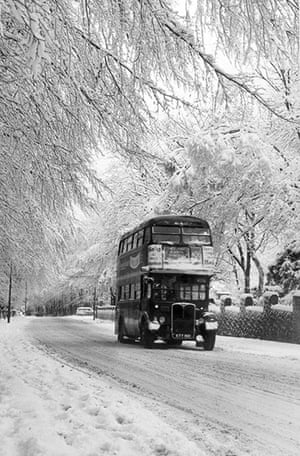
The winter of 1962 (also known as the Big Freeze) became one of the longest, coldest, winters on record. It remains the coldest since at least 1895 in all meteorological districts of the United Kingdom, except North Scotland. The beginning of that December had been incredibly foggy. A thick layer of fog covered London for the three days. When walking to school we were shrouded in the swirling misty haze. All our outside sports were curtailed not least because we could not see from one side of a pitch to the other. Evenings were even worse as the daylight started to disappear and our frequent landmarks walking back home became indistinct and obscured.
Always on the lookout for an excuse to skip school I recall that the hospitals issued a “red warning” so as to prepare for more patients as thick fog continued to affect public health. People were sadly dying. The fog was not expected to lift swiftly. Even DIY masks were being recommended. The Ministry of Health issued warnings to those at most risk saying, “stay indoors and rest as much as possible”. My Mum would have none of it, she just told my sister and me to get off to school and to leave earlier.
Not that we knew it when we went to bed on that December Saturday night ( the 22nd ) but something was definitely in the air. We had already had a short wintry outbreak which brought snow to the country on 12th–13th December. Enough for some snowball fights and sliding down the slopes in Telegraph Hill Park. The very cold easterly wind set in on that Saturday as an anticyclone formed over Scandinavia, drawing cold continental air from Russia. We woke up on Sunday morning to a couple of feet of snow on London’s streets. It was the deepest snow I had ever seen. Dad was stuck somewhere in London, unable to get home from Fleet Street and I had to deliver my blooming papers! A route that normally took just over the hour lasted forever, well four hours actually before I finally returned to the shop, my feet freezing.
Parts of the south of England, including London had more heavy snow late on Boxing Day and it continuing into 27 December. The cold air became firmly established. Then to make matters worse on the 29 and 30 December a Blizzard swept across the south west of England and Wales. Snow drifted to over 20 feet deep in places, driven on by gale force easterly winds, blocking roads and railways. The snow stranded villagers and brought down powerlines. The near-freezing temperatures meant that the snow cover lasted for over two months in some parts of the country. What I recall so clearly, from the BBC television news, were the farmers unable to locate and feed much of their stock. Many animals never survived that winter.
One of the most noticeable consequences of the freezing conditions were the enormous disruption to the national sporting calendar. For many weeks football matches in both the English and the Scottish leagues suffered because of the severe effects of the winter weather. Several ties in the 1962-63 FA Cup were rescheduled ten or more times. A board known as the ‘Pools Panel’ was set up; postponed matches were adjudicated by it, to provide the football pool results. Both rugby union and league suffered much the same fate. All this occurred in the days well before modern inder-soil heating. When the thaw finally arrived a huge backlog of fixtures had to be hastily dealt with. The Football League season was extended by four weeks from its original finishing point.
For us 1962 was very much a White Christmas. But, if the streets were not totally cleared of snow and ice, we were still able to return to school in early January after the Christmas school holidays. My school was Samuel Pepys Secondary modern.Such schools were common back then. They had existed throughout England, Wales and Northern Ireland, from 1944 until the early 1970s. They were designed for the majority of primary school pupils who did not achieve scores in the top 25% of the 11+ exams. To a thicko like myself one thing was acertainty, I was off to the secondary modern. None of which came as a surprise to me. But to my Mum and Dad they were none too impressed, especially after all my fibs of just how well I must be doing at school came home roost. At the pre 11+ parents evening they had been told by my form teacher, back in that dark January evening of 1960, “Your son is not academic material Mr and Mrs Pike.” There was a steely silence went I got home that night.
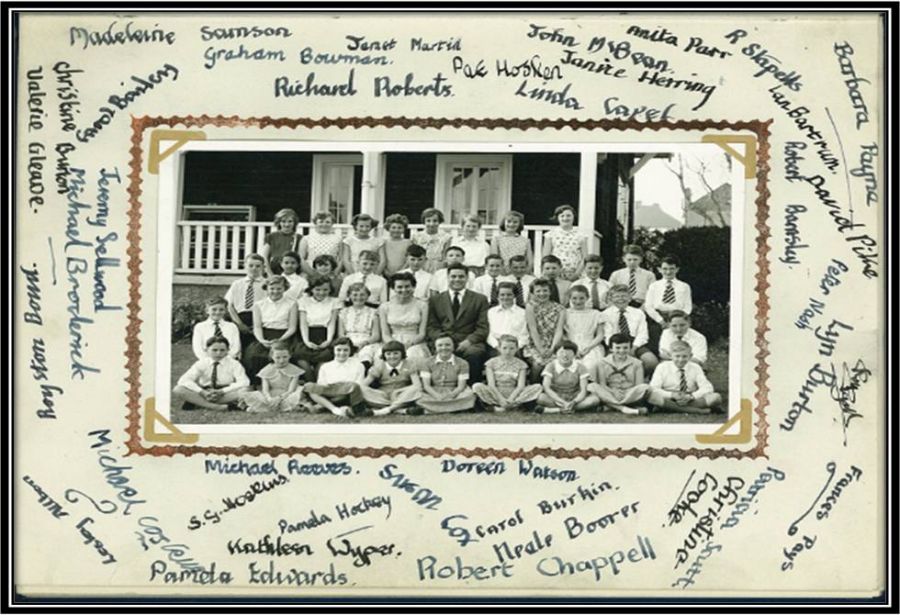
It did not get any better on my, post exams, summer school journey to Seaford, in East Sussex. It was here that the results of the 11+ were to be announced. Playing on the lawn one evening we were instructed to get inside to hear our results. Mr Palmer, one of the two teachers who accompanied us to Seaford, said, “You might as well stay outside and play Pike! “He always had a way with words did Mr Palmer. Needless to say I had failed the exam. It would be the first of many. I was off to Samuel Pepys Secondary School.
It may come as a surprise, but it was the then government minister, Enoch Powell, who was one of those who encouraged Caribbean peoples to leave their home countries and to take up the UK Government’s offer to migrate to what many saw as their “Mother country” in the early 1960s. Many took up the offer and sought a better life. Then only to find on their arrival into Britain, ‘shock’ and ‘dismay’. Many faced the open racial discrimination that was prevalent in London back then. Signs on buildings read “No Blacks, No Irish, No dogs”. Many white British people believed that their jobs, women and houses, were being stolen by the Caribbean people. Sayings like “Why don’t you go back to your country” were the norm. (How little things have changed in the 21st century!) For the invited immigrants, trying to assimilate into British society, it could be difficult and lonely at times. In south London, as in other parts of London, the Caribbean community knew they had to unite. They were made to feel particularly unwelcome in local ‘white’ pubs and clubs so, they held their own house parties and dances as a way of keeping the Caribbean peoples spirits up.
Back than the term widely used was ‘coloured’. Although, even then it was considered old fashioned and something your grandparents said. My Nan did. At seventy years of age she sold Dad her house in Waller Road and bought another, bigger, terrace house in Queens Road. Her next door neighbours were a ‘black’ family. Their basement, which faced the Hatcham gentlemen’s club, was turned into a night club. She loved sitting by her front window on Fridays and Saturdays evenings and would watch the comings and goings. She was often asked in to have a drink. She declined, but got on famously with her ‘coloured’ neighbours, who always kept an eye on Nan and looked out for her.
Now, of course, the term is regarded as a highly offensive racial slur which recalls a time when casual racism was a part of everyday London life. As a teenager I still recall the horror of watching the violence and discrimination in the United States as the protests gathered pace. Protests that would soon lead the Bill of Civil Rights in 1964. Historically, coloured was the word associated with both US segregation and South Africa’s apartheid, where black people where kept separate from white people – on public transport, schooling or even at drinking fountains which were described as “coloured-only”.
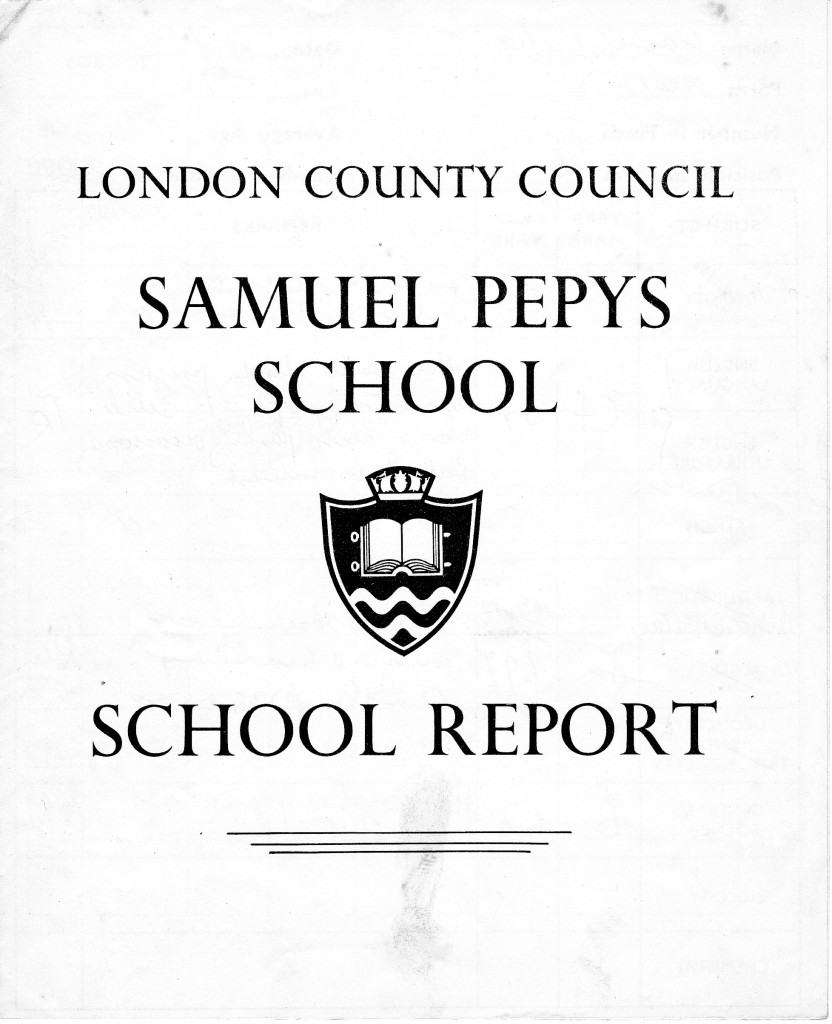
January 1963 that saw my 14th birthday. I had left primary school wearing short trousers and started Secondary Modern still wearing them. My first year as a Pepys boy was spent at the Peckham annex, under the watchful eye of ‘Herr Fuhrer’ Gowland, our headmaster. It did not take me long to get up close and personal with the new ‘head. I was awarded ‘six of the best’ for carrying the morning milk, still in its crate, on my own and against school rules. My punishment was not for the crime but of getting caught! One of the strokes broke the skin on my thigh; but did I cry? You bet I did. But not where the head or anyone else could see me. When I showed my Dad my battle scar that same evening, all I got was, “You’re with the big boys now son-get on with it.” Corporal punishment was the norm then, both at home and at school.
Samuel Pepys was divided into A, B and C streams. I have no idea how but I was put in the A stream. I was taught English, maths, history, geography and religious education, art and bloody French! Also in year two we did technical drawing, woodwork and metalwork. Additionally we had music lessons but didn’t learn much about music. We sung a few songs and no instruments were ever produced. We had PE, where I was expected to climb ropes and failed, jump over the ‘horse’ and still failed. In winter, for football, rugby and hockey we travelled in diesel fume filled coaches to Ewell in Surrey one afternoon a week, spending more time in the coach than we ever did in the pitches. Summer and it was the same journey, only lobbing a javelin or discus, doing the high/long jump, and running the dreaded cross county at the end of it. It felt at times the school just went through the motions. Did as little as possible and sent us on our way to the local engineering factory or a shop. Some thought it not a good place to get an education. To this day I remember my first history lesson and the introduction to Vasco da Gamma, that Portuguese sailor, who boldly went where no European had sailed before.
But my secondary modern school experience was probably similar to many others across the country. One where I felt where my teachers strived not to give me a second class education. They seemed fully aware that a rigid test at 11 did not mean that those of us who failed to pass that exam were failures. It was not there teaching that was at fault, if anything it was my inability to learn. Some of my classmates were entered for their GCE 0 level exams, that badge of so called academic excellence, while other class mates were given the practical skills which enabled them to become tradesmen in a whole range of worthwhile occupations.
But I digress. Starting at the main school after the annex saw me in long trousers for the first time. Samuel Pepys was located between Wallbutton Road and Sprules Road in Brockley. The school has since been demolished. There is still a school standing on the same site; Christ the King, Aquinas Sixth Form College. Soon after the start of our third year a new kid arrived. It was Melvin Baird. He was tall, good looking, intelligent and extremely athletic. He was everything that I was not. Allocated to our class, A.3.2.we soon became firm friends. Melvin was also black. One of the first to arrive at the school. His life was not made easy. He stayed two terms, then after the Easter break he never returned. We never knew why?
So finally, the butcher’s bike. At fourteen I could be employed as a butcher boy, well according to Mr Woods who owned the butchers shop in Gibbon Road next to Nunhead railway station. I got the princely sum of 18 shillings for the Saturday, plus tips. Mr Woods used to live over the shop but he had moved to Epping Forest and the accommodation lay vacant. Den and Ben were the two full time butchers, they were like ‘Little and Large’. They treated me like a young adult and not a child. It was the start of a new education, a new awakening, a previous unseen insight into an adult world. It was time to look and learn. To say little. Just to listen and to observe. There was a lot to see. I learnt a new language; back slang. This unusual slang flourished in butcher shops, where it allowed the butcher to order his assistant to bring out the old piece of meat for this customer. A word was coded by writing it backwards and trying to make a sensible pronunciation. For example; pork chops became ‘kayrop poches’, scales were ‘eelacs’. Frequently the slang related to the customers, especially the lady customers; big breast being ‘gib teesurbs’ and backside translated to ‘kab edis’. One old chap, who had come in for his pigs trotters caught them out one Saturday when he told them to ‘kaycuff foe’!
Then there was my insight into adult hanky-panky. Den was tall and a cheeky chappy. He could charm the birds out of the trees and did so. Clearly not a worldly wise young man I thought nothing of the young attractive, married, women who came into the shop to buy their meat then popping upstairs with Den while Ben minded the shop. How nice of him to have a chat over a cuppa I thought, and 30 or 45 minutes later, the woman left the shop with an obvious glow and Den returned wearing a wide smile. I spent 18 months at the shop and it prepared me for an adult world.

The 1960s was a decade of rapid change. Blink for one second and you would have missed it. It was the period that finally allowed people the liberty and individuality people had fought for and what we take for granted nowadays. The sixties began somewhat bleak and restricted. But by the end, people were full of hope and optimism for a better future. I know I was. It got better too. At sixteen I joined the London Fire Brigade as a Junior Fireman and started a wonderful career. But that’s for another day…
Good memories dave
LikeLiked by 1 person